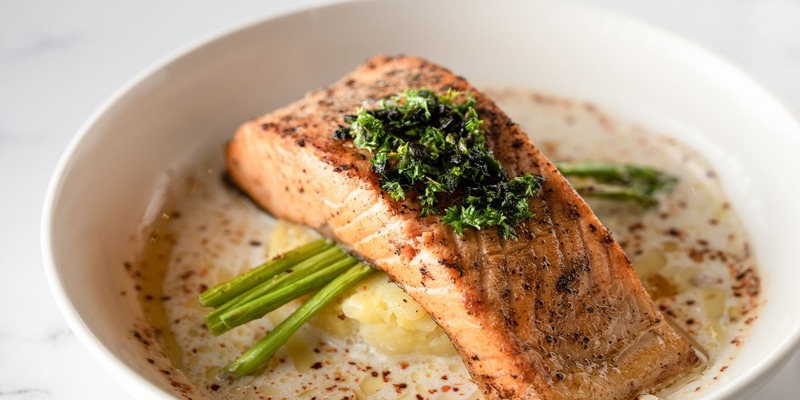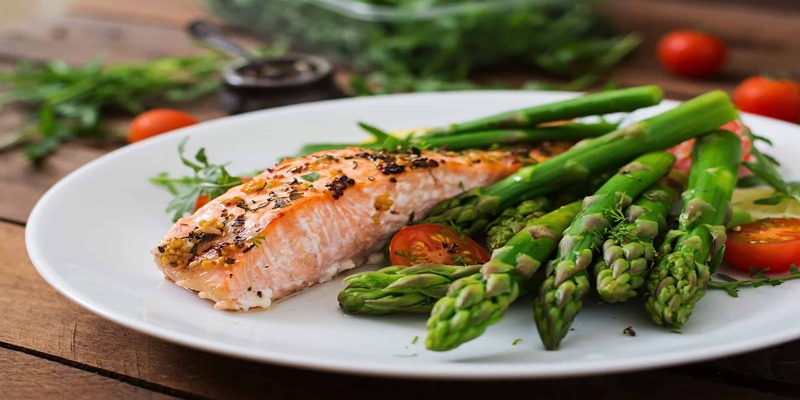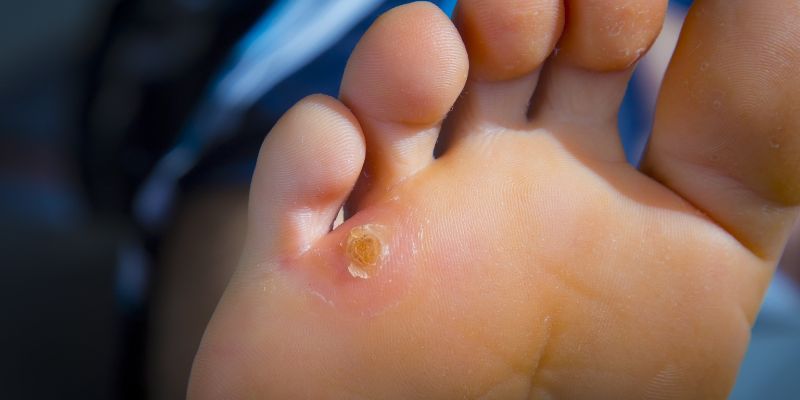Migraine headaches may be triggered by several things, including what you eat. You probably already know that stress, lack of sleep, and exercise can bring on migraines. Yes, avoiding the items below may help lessen the frequency or severity of migraine episodes, even if visual triggers like flashing lights are often responsible.
Do Some Foods Cause Migraines?

Unfortunately, no one element can be linked to your migraine episodes, and there is no apparent connection between what you eat and your headaches. However, scientific evidence shows that specific meals may really cause attacks.
In addition, 27% of migraine sufferers say that certain meals cause their attacks. Dr. A clinical neurologist says that while certain foods and additives are known to cause migraines in more people, other factors, such as stress, can increase the likelihood of an attack even after consuming a known trigger.
Here Are 10 Foods To Avoid If You Suffer From Migraines

Excessive Coffee
Some of you may be disappointed to read this, but studies conducted in 2016 and 2019 reveal that reducing your coffee intake may help lower the frequency of your migraines.
And if you're one of those people who can't function in the morning without a cup of coffee, take heed of the word "excessive."
We understand that the energy boost from coffee might feel like manna from heaven, so if that's how you think, have some! Try to keep your daily intake to fewer than two glasses.
Red Wine
It's not just you, I promise. Some molecules in alcohol, such as tyramine and histamine, are thought to be the problem, and studies indicate that alcoholic beverages are a prevalent cause. The histamine in red wine is a well-known allergy trigger.
Aged Cheeses
Unfortunately, cheese is a delicious food that can cause migraines in certain people. Once again, tyramine is to blame. Most common cheeses should be avoided, including blue cheese, and mozzarella.
Chocolate
Sorry to be the (persistent) bearers of evil tidings. Chocolate may also reduce your ability to keep migraines at bay. One study showed that 42% more people experienced an attack after eating chocolate than those who had ingested a placebo.
Citrus Fruits
If you're trying to avoid attacks by eating more fresh fruit, you should probably steer clear of citrus. Citrus fruits, including oranges, grapefruits, lemons, and limes, are not as popular a headache cause as some of the other items on this list, but they affect some people. If you suffer from migraines, keeping a note of your headaches could help you determine if avoiding certain foods helps.
Aspartame And Other Artificial Sweeteners
I hope you're listening; sugar addict: Aspartame, an artificial sweetener present in Diet Coke and other no-calorie beverages, has been linked to an increase in the likelihood of migraines.
Monosodium Glutamate
Flavor enhancers like monosodium glutamate (MSG) may be found in many processed foods, including frozen and canned meals, soups, snacks, seasonings, and more. Many people who suffer from migraines report that MSG triggers them, despite the fact that a 2016 evaluation of the available data found that MSG is no more likely to produce a headache or migraine than a placebo.
Processed And Cured Meats
Many migraine sufferers avoid cured and processed meats because they contain nitrites and nitrates, which are used to maintain their color and flavor. In research, participants who had a history of migraines were more likely to report headaches on days when they ate nitrites. Before leaving the shop with a package of bacon, check the label to be sure it doesn't include any of these additives.
Nuts And Certain Seeds
Have an almond butter addiction? Tyramine is found in many nuts and seeds, including almonds and peanuts, and you know what that means. Not everyone who gets migraines is susceptible to the same triggers, so finding out whether you are may need some trial and error.
How Do You Spot Triggers?
The question then becomes how to identify which, if any, of these meals are, in fact, the cause of your attacks. Various foods trigger each person's migraines, so paying close attention to your eating habits to determine whether any consistent patterns might contribute to your migraines is essential. You can learn what triggers your headaches by removing things from your diet one by one. Even if you test negative for food allergies, it's still wise to proceed while eating specific foods.




